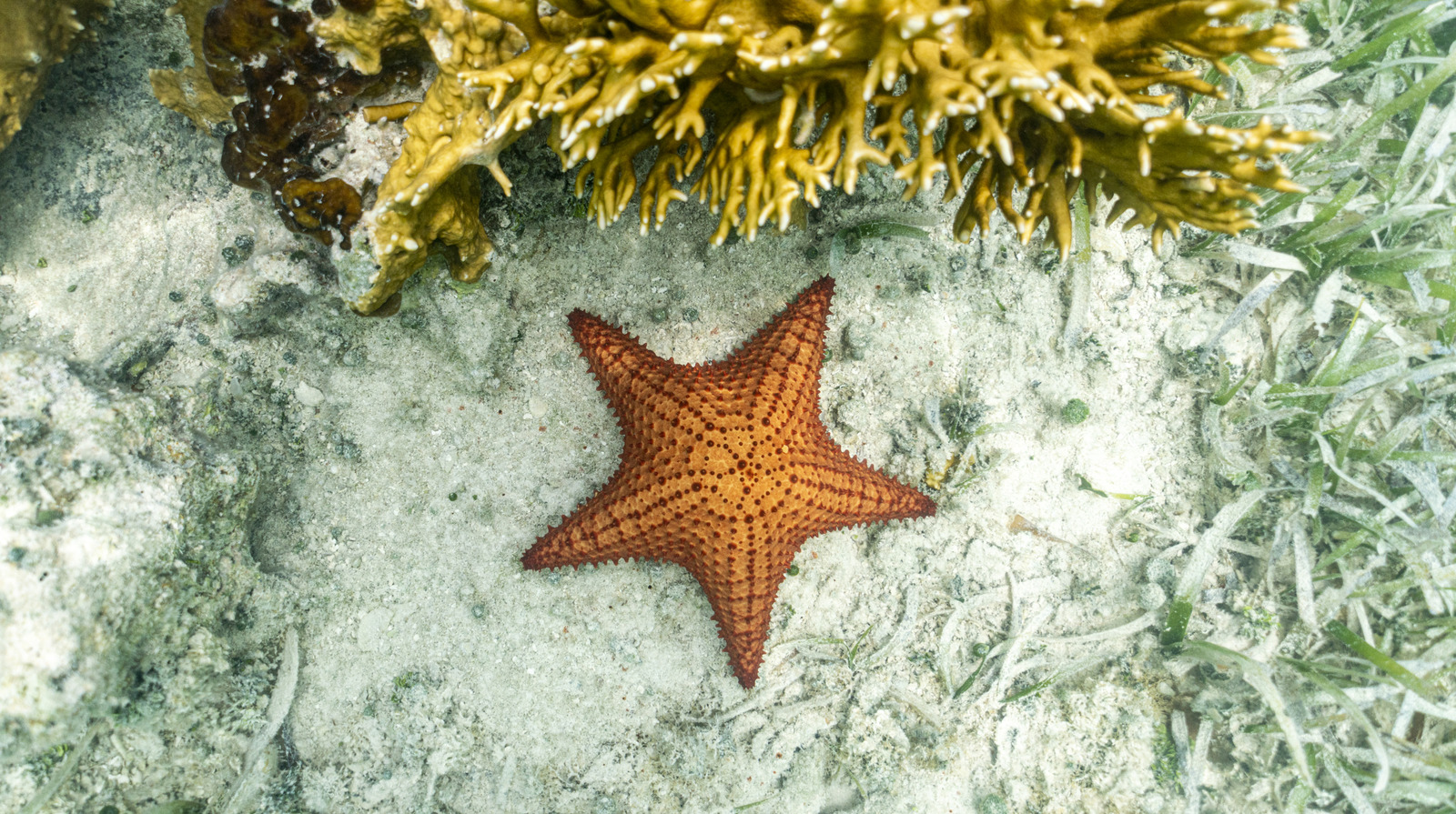Now Reading: Study Uncovers Decade-Long Mystery Behind Sea Star Deaths
-
01
Study Uncovers Decade-Long Mystery Behind Sea Star Deaths
Study Uncovers Decade-Long Mystery Behind Sea Star Deaths

Quick Summary
- Sea star Wasting Disease (SSWD): Over the past decade, sea stars from Mexico to Alaska have suffered from a disease leading to lesions, twisted limbs, and disintegrating bodies. this has impacted over 20 species of sea stars.
- Ecosystem Impact: The decline in sea star populations has caused an imbalance in marine ecosystems. Sea urchin populations have surged due to reduced predation by sea stars and are consuming kelp forests at alarming rates.
- Scientific Revelation: A study published on August 4th, 2025, identified the bacterium Vibrio pectenicida as the cause of SSWD after experiments confirmed its transmissibility and lethality.
- Future Steps: Efforts are now focused on breeding programs for resilient sea stars and protecting affected ecosystems like kelp forests. Researchers emphasize the importance of addressing aquatic diseases due to their potential impacts on wider ecosystems and human health.
Images:
Indian opinion Analysis
India possesses vast coastlines with thriving aquatic life that plays a critical role in balancing regional marine ecosystems and supporting livelihoods through fisheries and tourism.The discovery regarding Vibrio pectenicida highlights the global interconnectivity of oceanic challenges-though geographically distant, india’s coastline could face similar ecological disruptions if invasive pathogens or ecological imbalances arise via shifting ocean currents or trade-related transference.
Conservation lessons from this incident hold relevance for India too; proactive screening for diseases among aquatic species should be integrated into marine protection policies here as well.Additionally,supporting biodiversity-like India’s mangrove forests-could serve dual purposes by shielding coastal areas while promoting climate-resilient ecosystems akin to efforts recommended for recovering kelp forests globally.
Investing in research on aquatic pathogens affecting local species (e.g., oysters or prawns) will further safeguard food security while preserving fragile coastlines amid climate pressures-a matter requiring sustained attention within environmental policy discourse across India’s diverse coastal states.

























